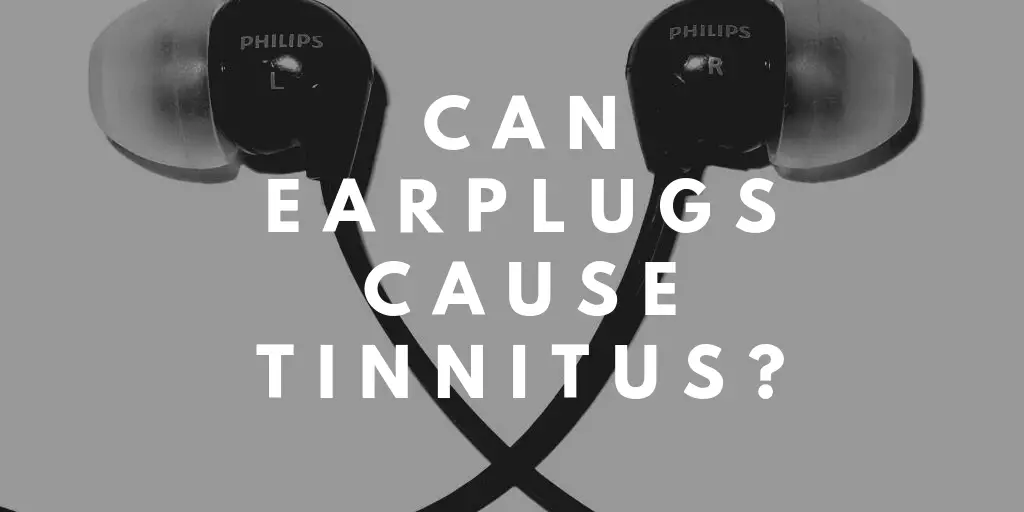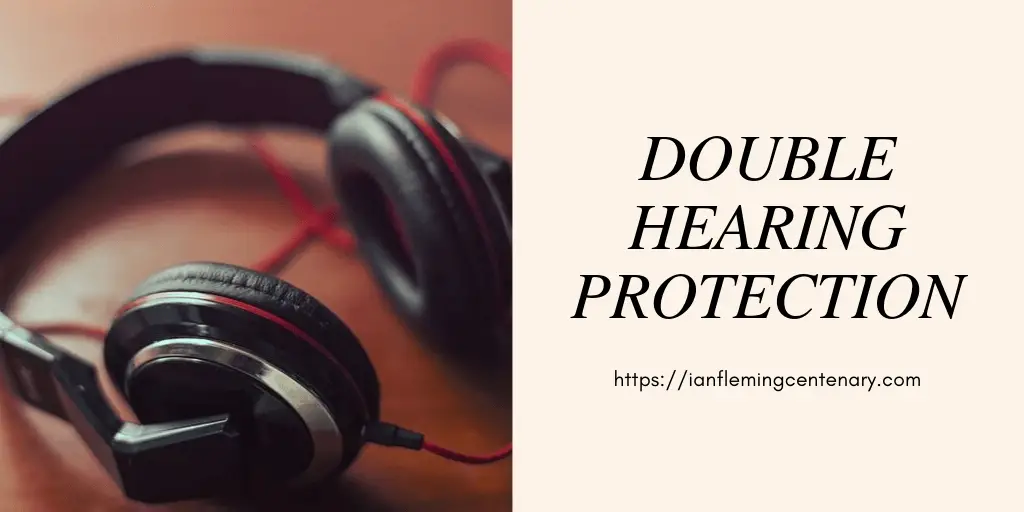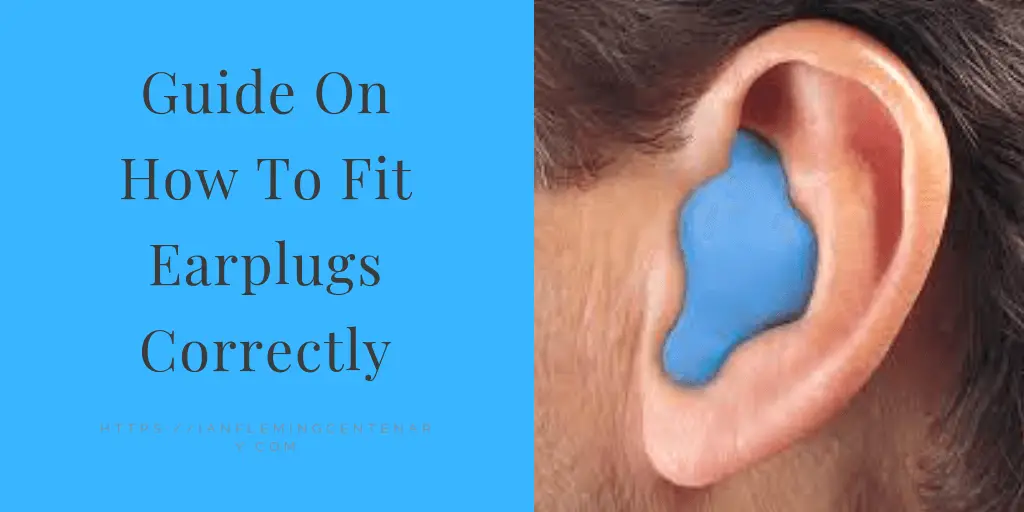Can Earplugs Cause Tinnitus? And Other Questions Answered
Can earplugs cause tinnitus? That is an interesting question, and the answer is a resounding NO! In my line of work, I’ve come across many people who have told me that they have started experiencing ringing in their ears after using earplugs for some time.
In most cases, these are people who spend long periods of time in extremely noisy environments such as construction, factories, shooting ranges, and discos.
Reasons you might experience ringing after using earplugs
If you have been using earplugs or any other forms of ear protection properly, you will rarely have tinnitus as a result of being exposed to loud noises. Other than loud noises, tinnitus can also come about due to many other factors such as:

Age: As you get old, you develop a myriad of health problems, and tinnitus is one of them. If you are over 60 years, the ringing might be due to deterioration of cochlea or any other part of the ear.
Too much earwax: The body produces earwax meant to trap dirt and protect the ears. When the ear fails to remove the wax on its own, it piles up, leading to ringing and hearing loss.
When you experience ringing due to earwax buildup, don’t try to remove it with a cotton swab as you will most likely damage the ear. The best way of going about it is by visiting a doctor who will gently remove the buildup.
Medications: Sometimes, you might have taken drugs that trigger ringing or make it louder. The most common medications that have been shown to trigger the condition include: diuretics, aspirin, quinine-based medications, antidepressants, cancer drugs, and non-steroidal anti-inflammatory drugs (NSAIDs).
In most cases, the symptoms go away when you stop taking the medications. Don’t stop the medications before you get the go-ahead from your doctor.
Sinus infection: If you experience ringing in the ears when you have a cold, the ringing might be due to a sinus infection. Ringing due to sinus infection doesn’t last long. While this is the case, you should see a doctor if it lasts more than a week.
Problems with TMJ: When you experience your ears ringing as you chew or talk, the ringing is as a result of problems with your jaw or temporomandibular joint (TMJ). The joint shares nerves and ligaments with the middle ear; therefore, when it has issues, you are bound to experience ringing.
When having the problem, visit a dentist to inspect the disorder and fix it.
Other medical conditions: Other medical conditions such as high blood pressure, circulatory problems, allergies, anemia, thyroid gland problems, autoimmune diseases, diabetes, Meniere’s disease, and many others have been shown to bring about the condition.
When earplugs will cause tinnitus
The only time earplugs will cause tinnitus is when you spend a lot of time in noisy environments without wearing the right earplugs or not wearing the earplugs properly.
How do earplugs work?
Most of the people asking whether earplugs can cause tinnitus don’t understand how earplugs work. If you use earplugs for sleep or work, you most likely use foam earplugs. These pieces work by covering the ear canal so that sound vibrations are blocked and can’t travel down the ear canal to the eardrum.
For you to get the most from earplugs, you need to wear them properly. Start with rolling the earplug into a small thin “snake” with your fingers. If the earplug is hard, you can go ahead and use both of your hands.
With one hand, pull the top of your ear up and back to open up and straighten the ear canal. You should then slowly insert the earplug then hold the piece using your finger until it fully expands and fills up the ear canal.
To test whether you have properly worn the earplug, cup your hands over the ears. If the sounds are more muffled with your hands in place, the chances are that the earplug is not sealing properly. Remove the earplug and reinsert it.
What makes a good earplug?
For you to prevent hearing loss due to loud noises, you need to wear good pieces. There are plenty of features that make good earplugs. These include:
Size: There is no way you are going to get proper noise protection when you are wearing earplugs of the wrong size. Like a cork in a bottle, an earplug that is too large or small won’t give you the acoustic seal you deserve.
When buying the pieces, inspect the ear canal opening. You also should wear the pieces and determine how they feel in your ear.
Ease of insertion: You shouldn’t struggle to put in an earplug. If an earplug is hard to roll between your fingers or on your hands, it’s made from the wrong materials, and it won’t block your ears effectively. It also won’t last long enough.
Caring for earplugs
For you to get optimal ear protection, whether you are working or sleeping, you need to ensure that your earplugs are in pristine condition. You can do this by:
Cleaning them regularly: If you have reusable earplugs, you need to clean them for you to avoid suffering from ear infections.
Start with removing earwax from the earplugs then soak the pieces in a small cup or dish filled with hydrogen peroxide. The hydrogen peroxide will loosen any earwax that might have been stuck to the surface.
After all the earwax has come off, remove the pieces from the solution and rinse them thoroughly under cold, running water. You should then dry the pieces by placing them between two towels. Once dry, pull them to their original shape as much as you can.
If the pieces don’t have any stuck earwax, you need to clean them the general way. Place the earplugs in water and rub them around with your fingers or soft piece of cloth. This is to remove any dirt that might be there.
After removing the dirt, rinse them under cold running water to remove all soap from the foam. Don’t leave any soap in the foam as it triggers the pieces to lose their flexibility.
You should then dry the pieces with a towel then gently pull on the edges to restore their original shape. Once you are done, place them on a dry surface to air dry.
Regular inspections: Before you wear the pieces, inspect them for any defects or deformities they might be having. If you notice one, don’t wear the pieces as they won’t give you the noise protection you are looking for.
Regular replacement: If your pieces are meant to be used once, don’t wear them more than you should as they will not only fail to offer the noise protection you are looking for, they also put you at the risk of getting ear infections.
When it comes to reusable earplugs, replace them when you notice them losing their original shape. Also, consider replacing them when they stop giving you the noise protection you are looking for.
Wear them properly: Wearing earplugs properly not only ensures that you get a good protective seal, but it also ensures that the pieces have a long life. Don’t twist the pieces more than you should. You also should avoid pushing them deeper than you should.
Store them properly: Once you are done with your work or during the day when you aren’t sleeping or swimming, you need to store your earplugs properly. Store them in a box that is free from dust, moisture, and insects.
Remember to first clean the earplugs before storing them. You don’t want unsightly earplugs when you get them the next time, do you?



